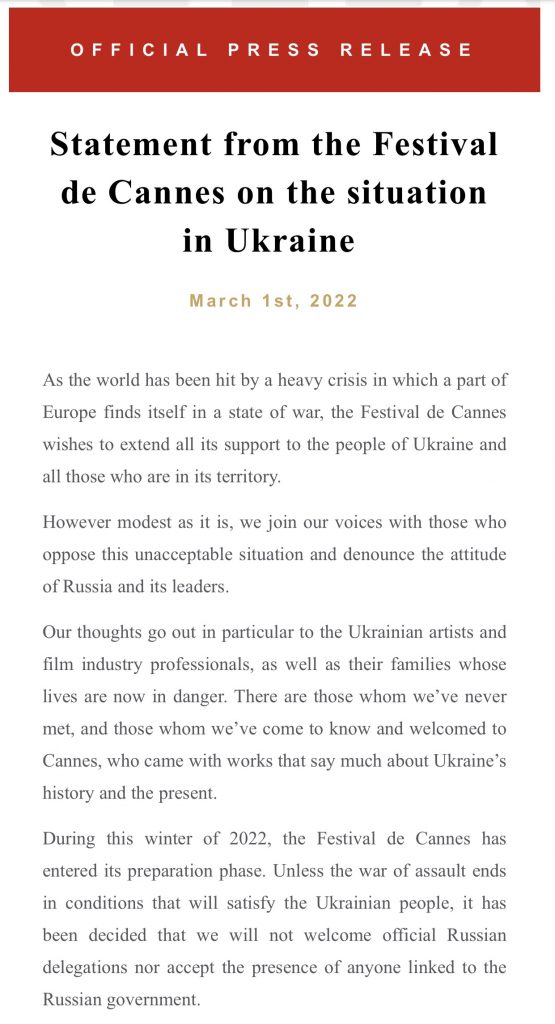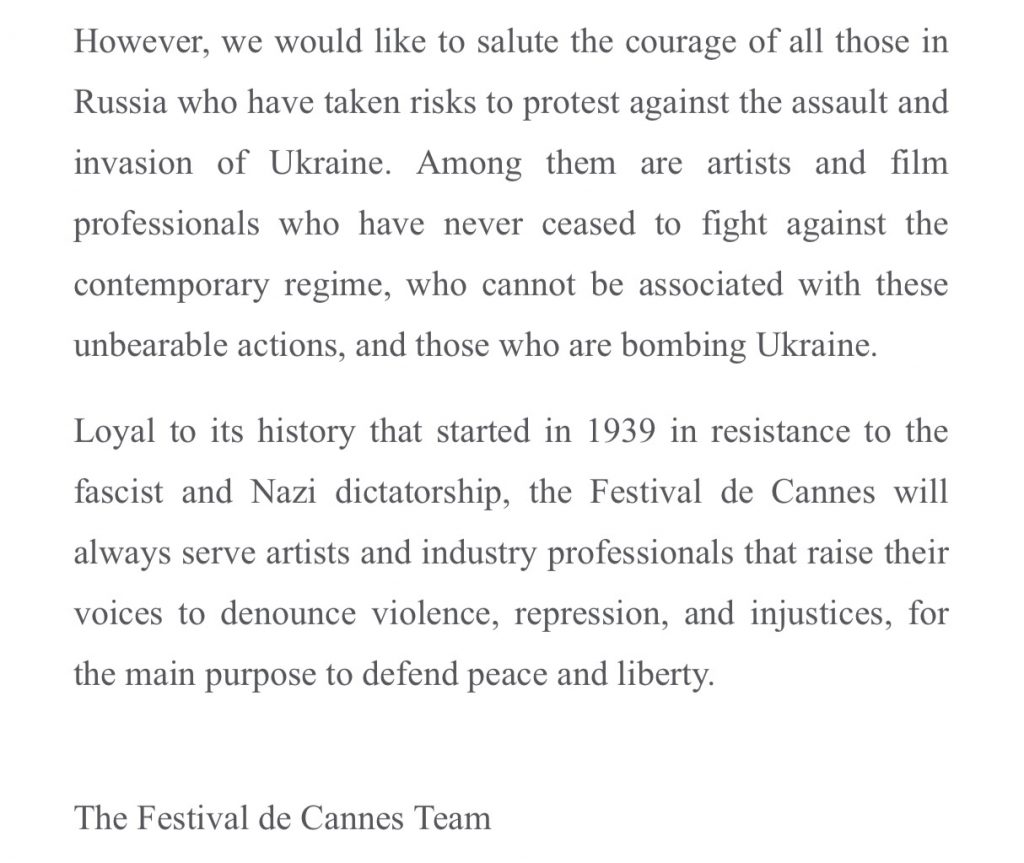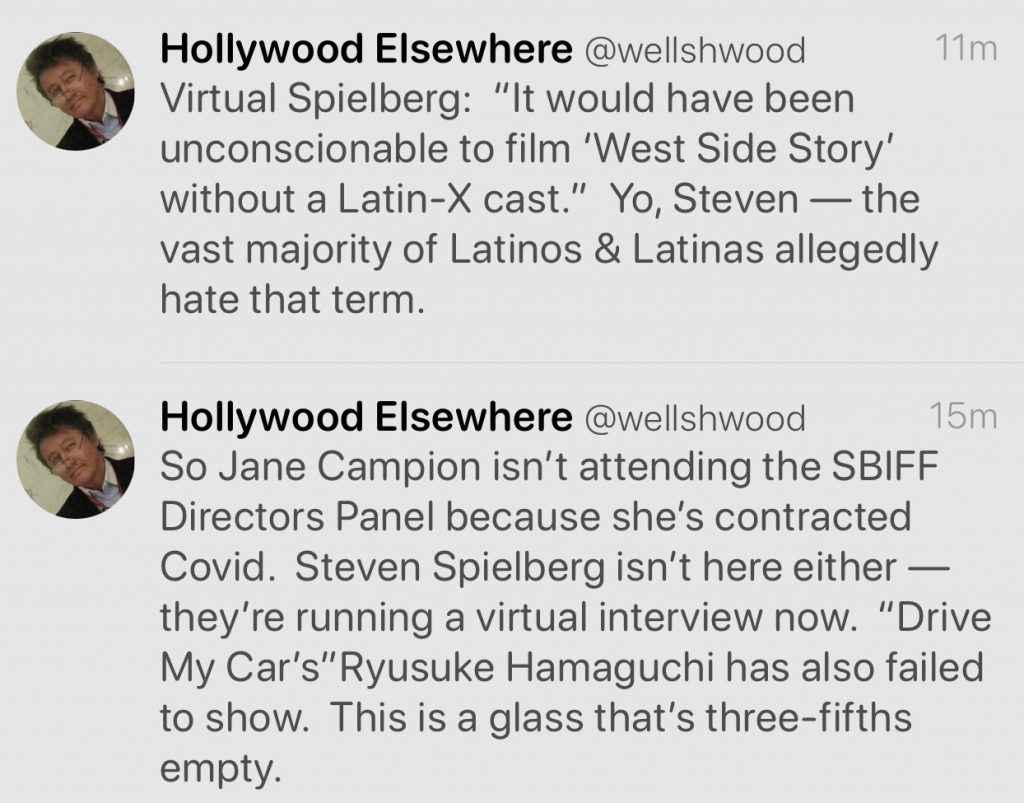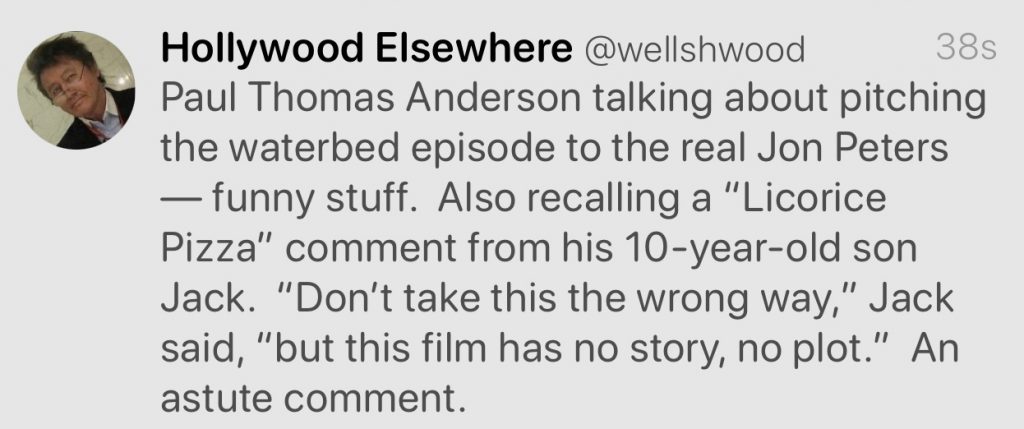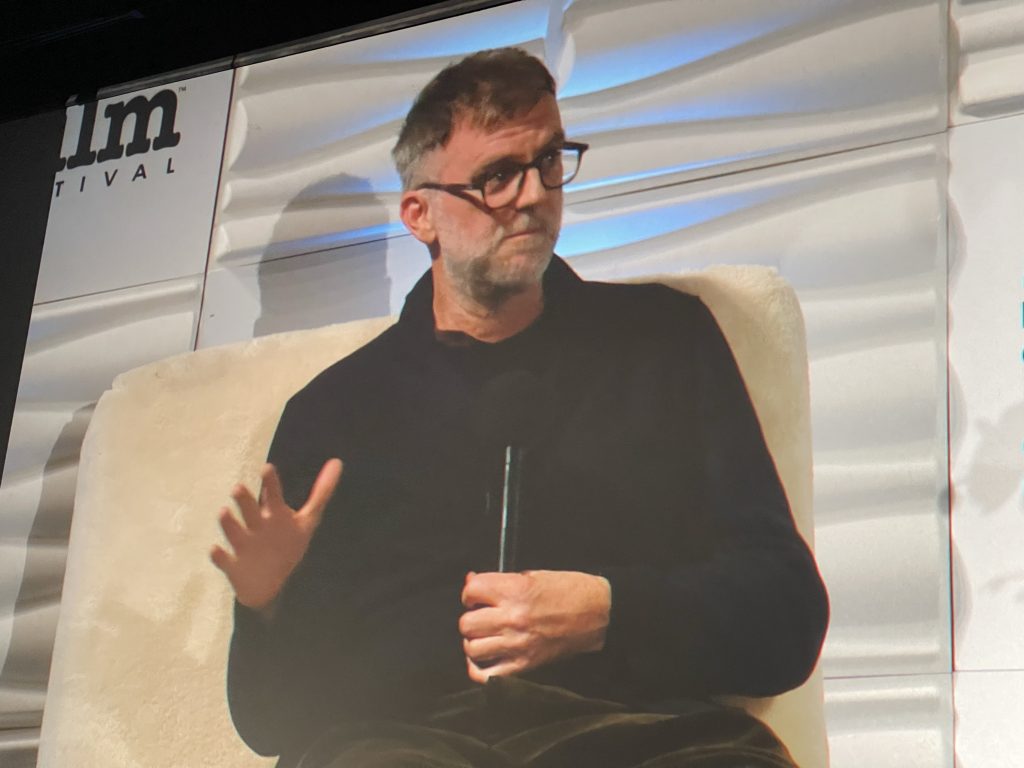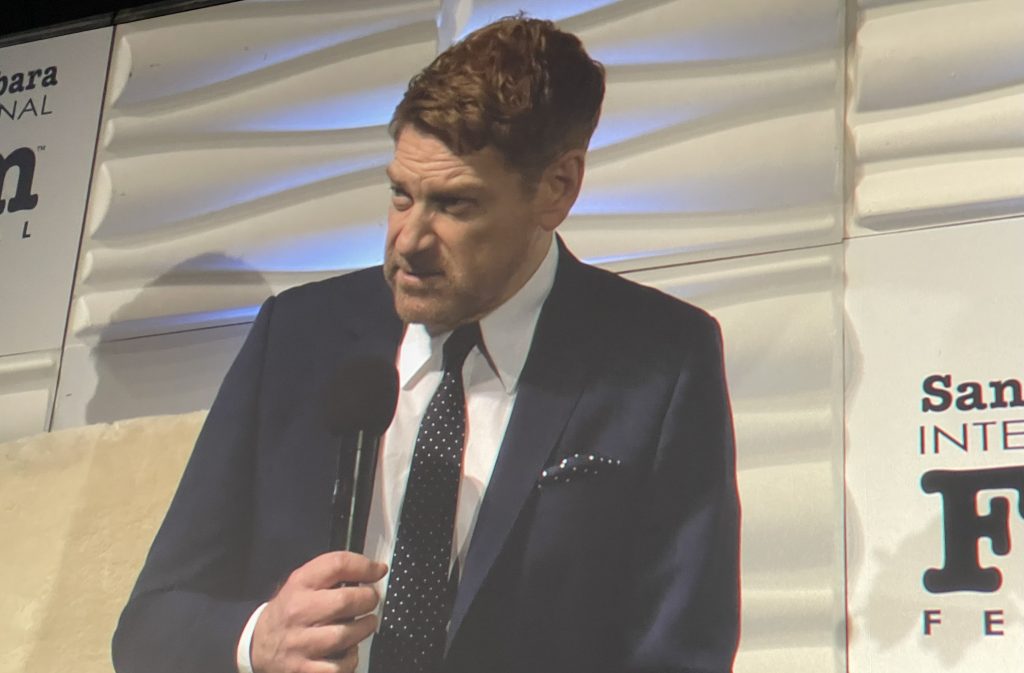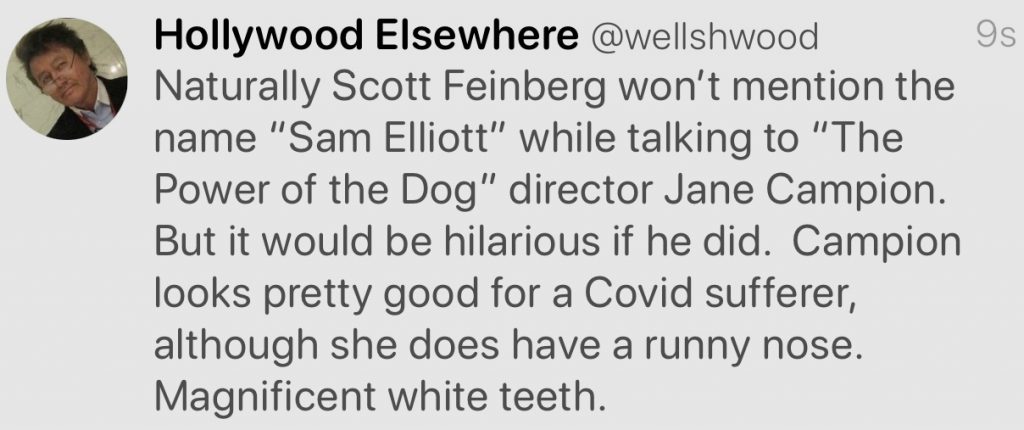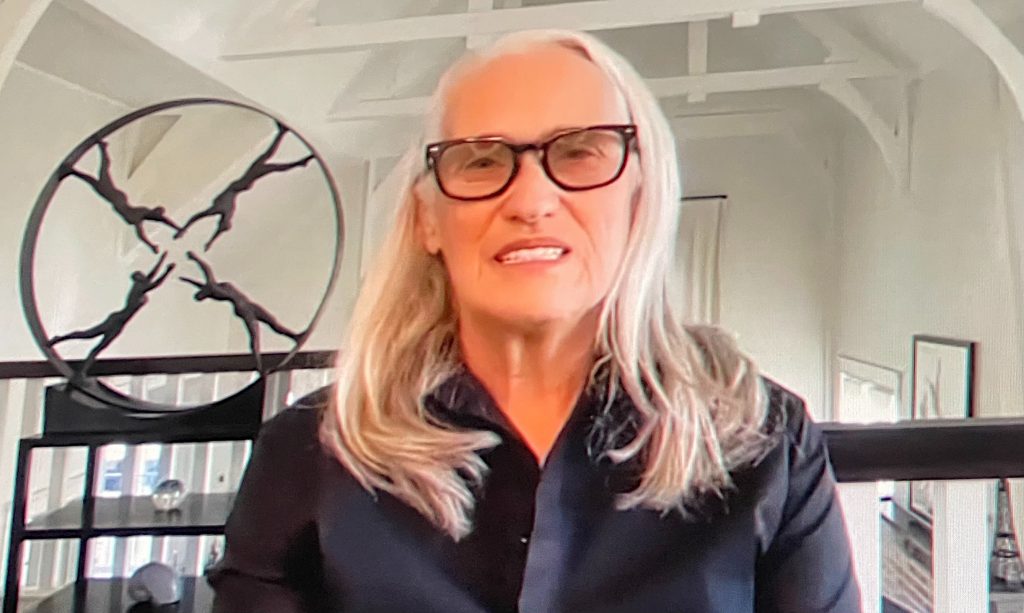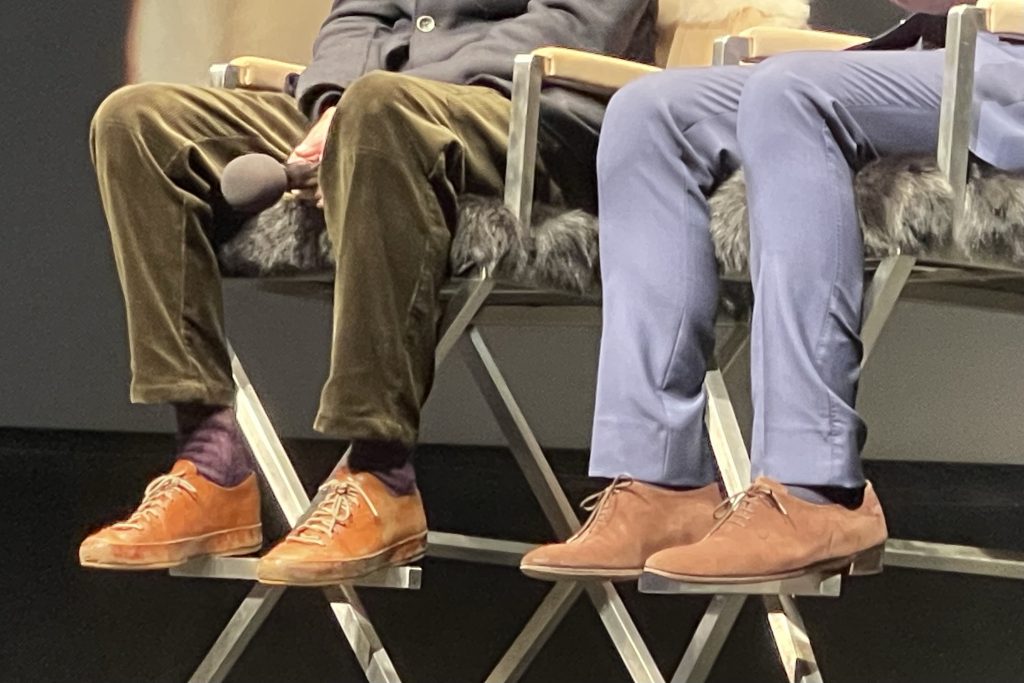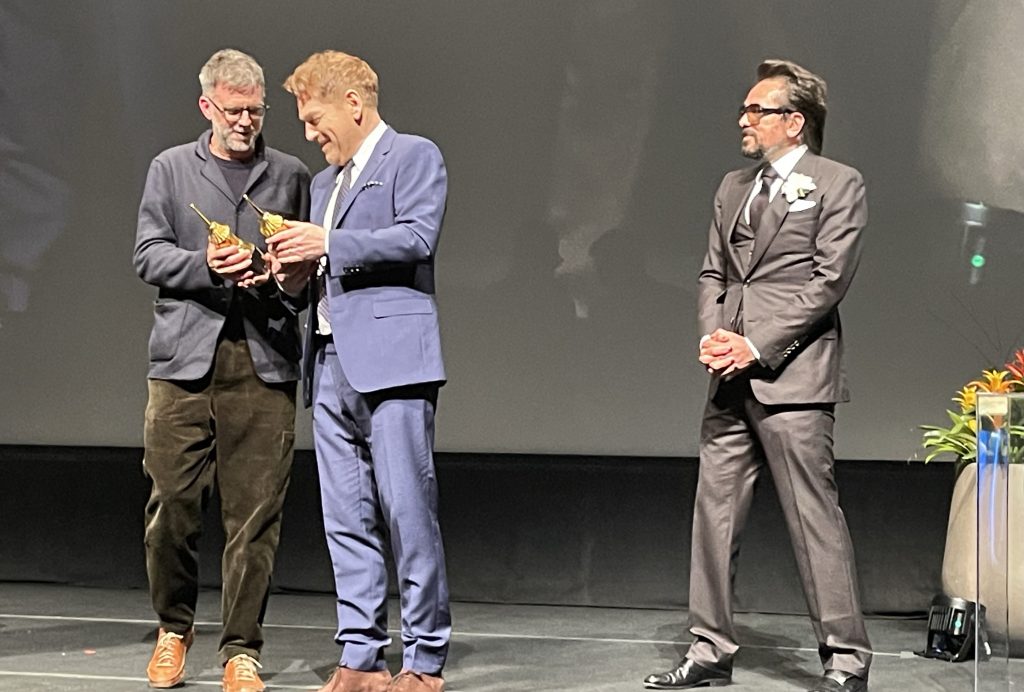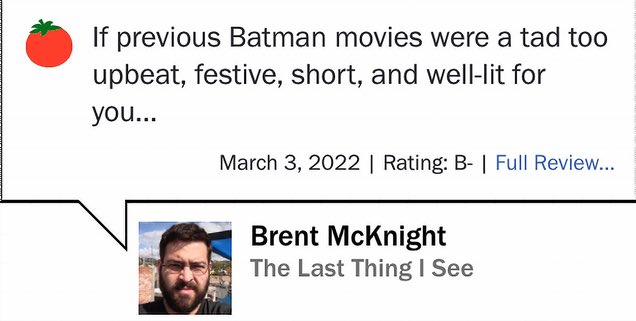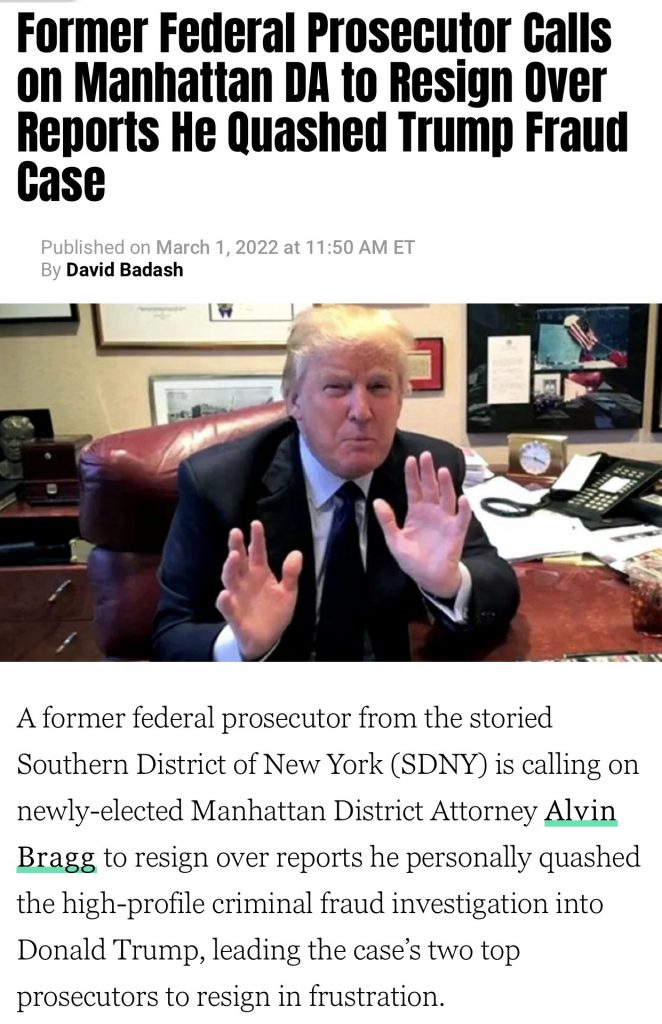I should have paid attention to this Bullet Train trailer a day or two ago, but I didn’t want to, okay? Because I’m not a fan of lightweight power-pop director David Leitch (John Wick, Atomic Blonde, Deadpool 2). One glimpse tells you this Brad Pitt action comedy is Tarantino Lite — synthetic and stupid and aimed at the morons.
Ruimy’s Cannes ’22 Likelies
World of Reel‘s Jordan Ruimy has compiled a list of (seemingly) likely titles for Cannes ’22, which will kick off two and a half months hence.
Out-of-competition titles: Elvis, Top Gun: Maverick, Bullet Train, Nope, Lightyear. Perhaps George Miller’s Three Thousand Years of Longing (rumored to be something of a slog) will play OOC instead of competition.
The possible competition titles that I’m most excited about are Alejandro G. Innaritu‘s Bardo, Cristian Mungiu‘s R.M.N., Ruben Ostlund‘s Triangle of Sadness, James Gray‘s Armageddon Time and Kantemir Balagov‘s Monica. Here’s the general rundown:
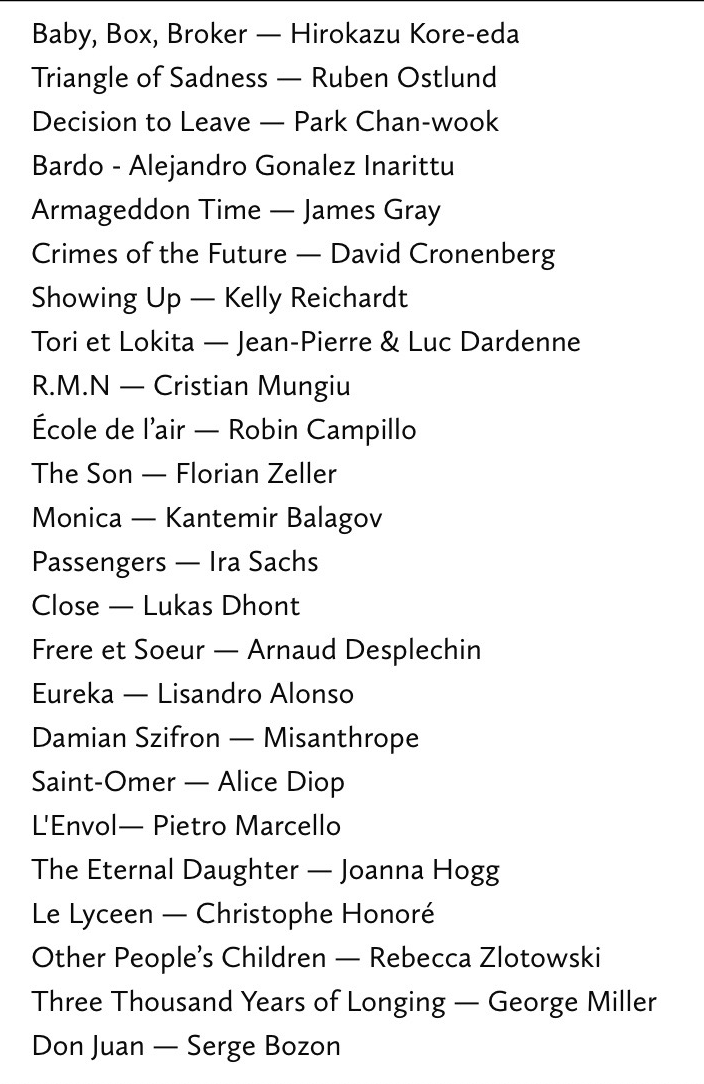
Here’s Variety‘s Cannes projection.
Elegant Beach-Cinema Metaphor
This promotional prelude is being shown before all presentations at the Santa Barbara Int’l Film Festival. My immediate response was “wow, this is exceptional…who did this?” It turns out that the director, writer and cinematographer is none other than SBIFF honcho Roger Durling. The painter on the beach is Hank Pitcher, who painted this year’s SBIFF poster. He’s also the narrator.
The last two lines in Durling’s short are “desire and discovery”, which immediately reminded me of a Howard Suber insight about the basic plot strategies of Some Like It Hot and The Graduate — Desire, Deception and Discovery, or “the three dees.”
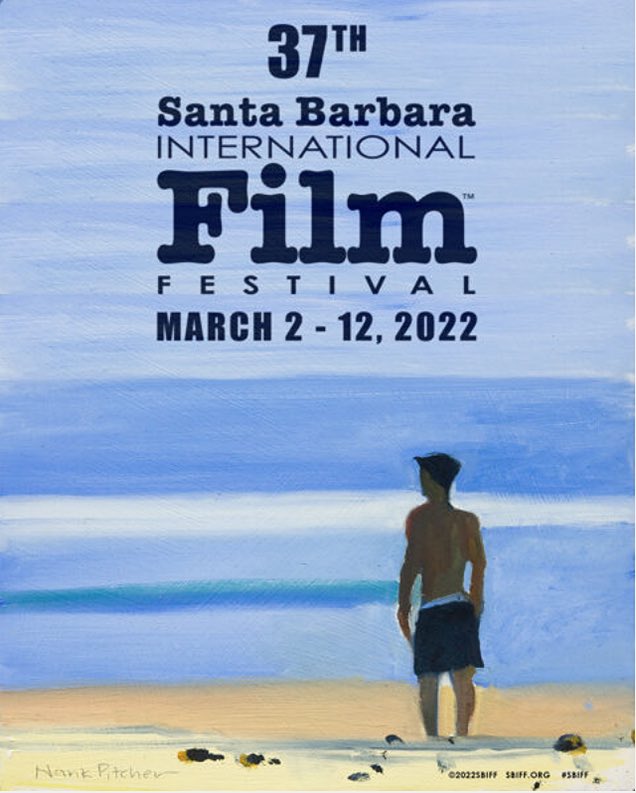
RT User Blurbs
What film are these non-film-scholars talking about? Not The Power of the Dog.
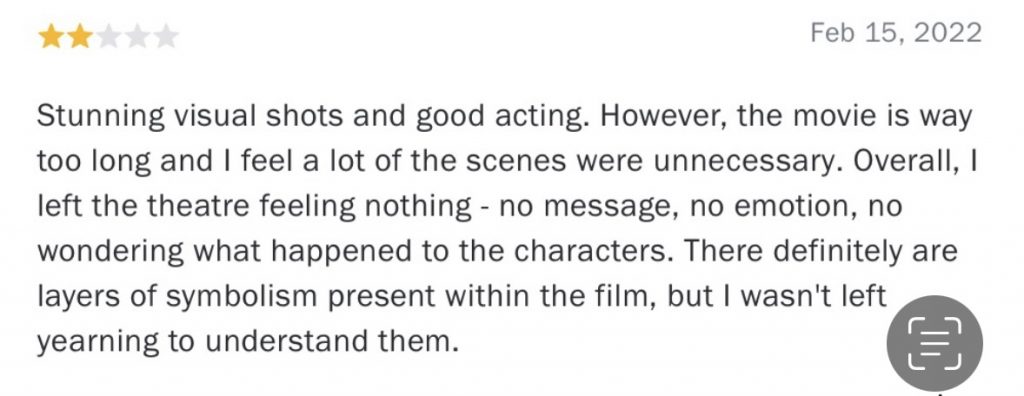

Insanity By Any Other Name
What kind of psychotic fiend army would risk another Chernobyl in order to weaken an opponent? We all understand that war is cruel — this is fang-tooth saliva stuff.
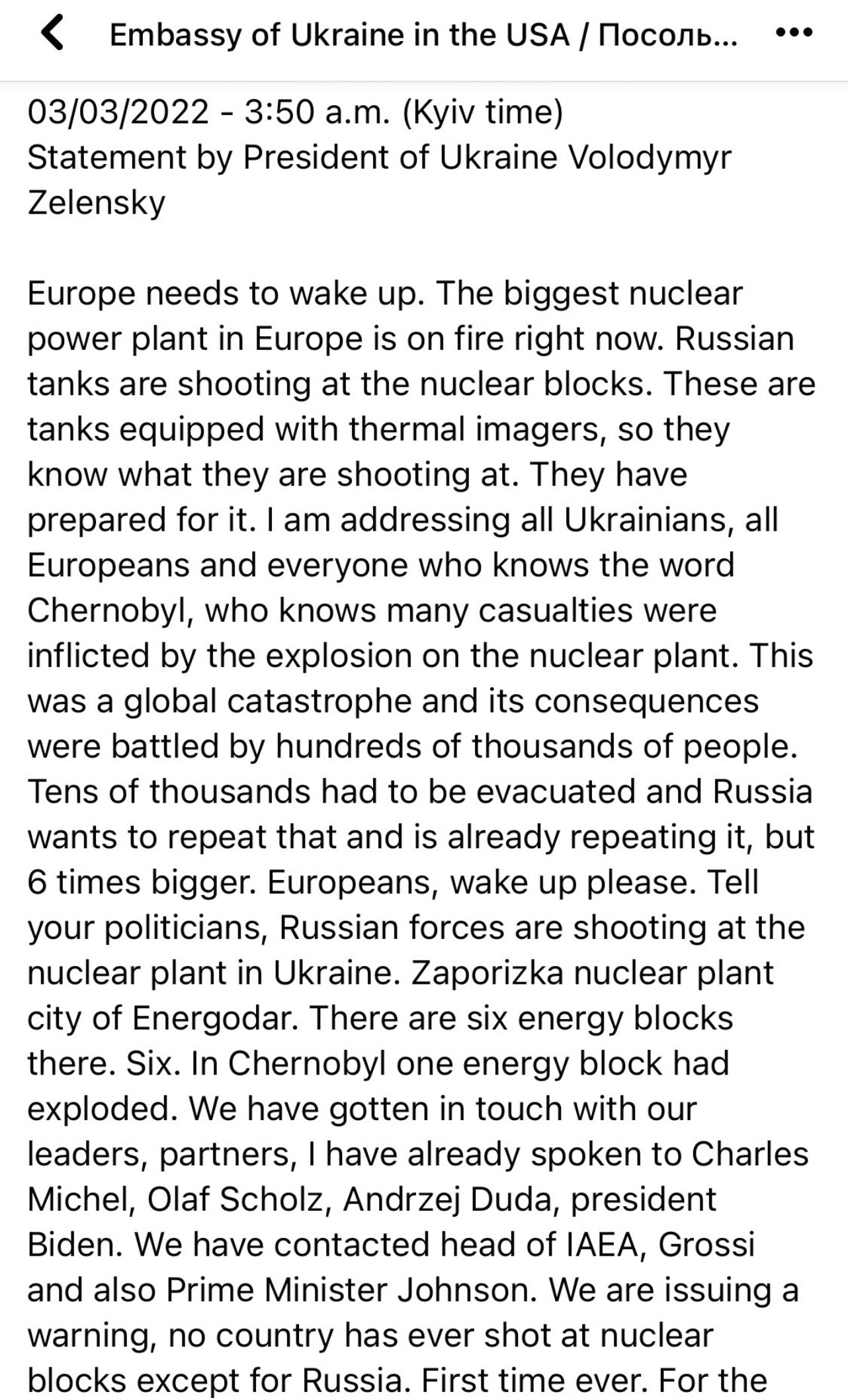
Here and Now
This is Tom Burdette, and we’ll leave the light on for ya.

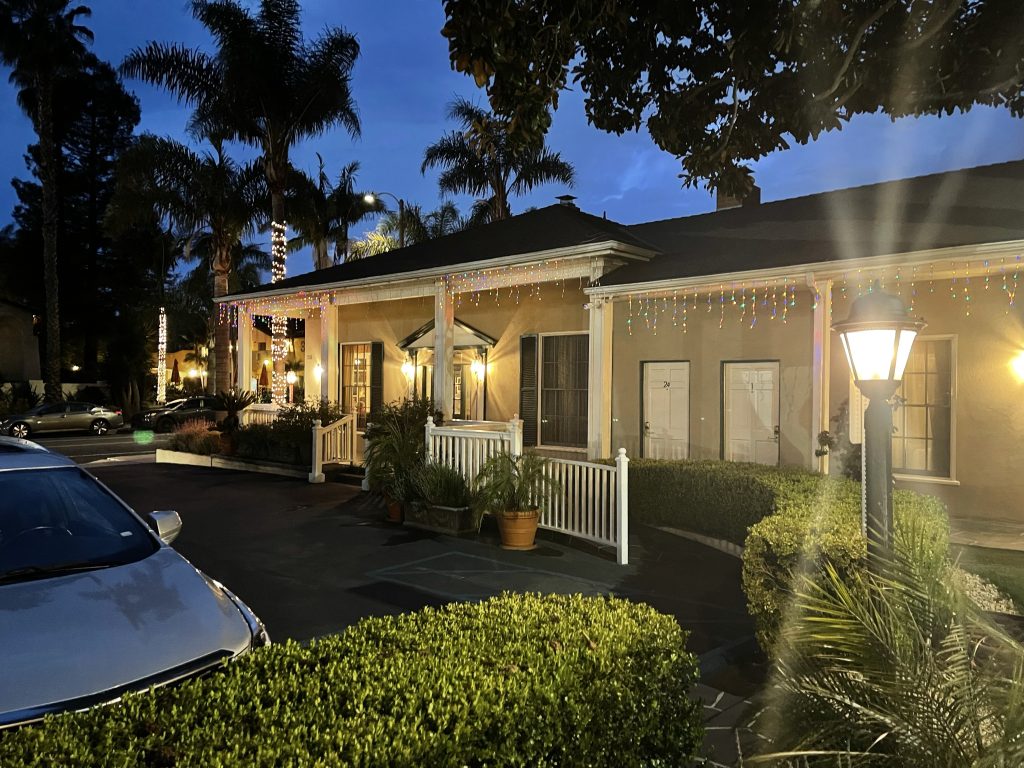
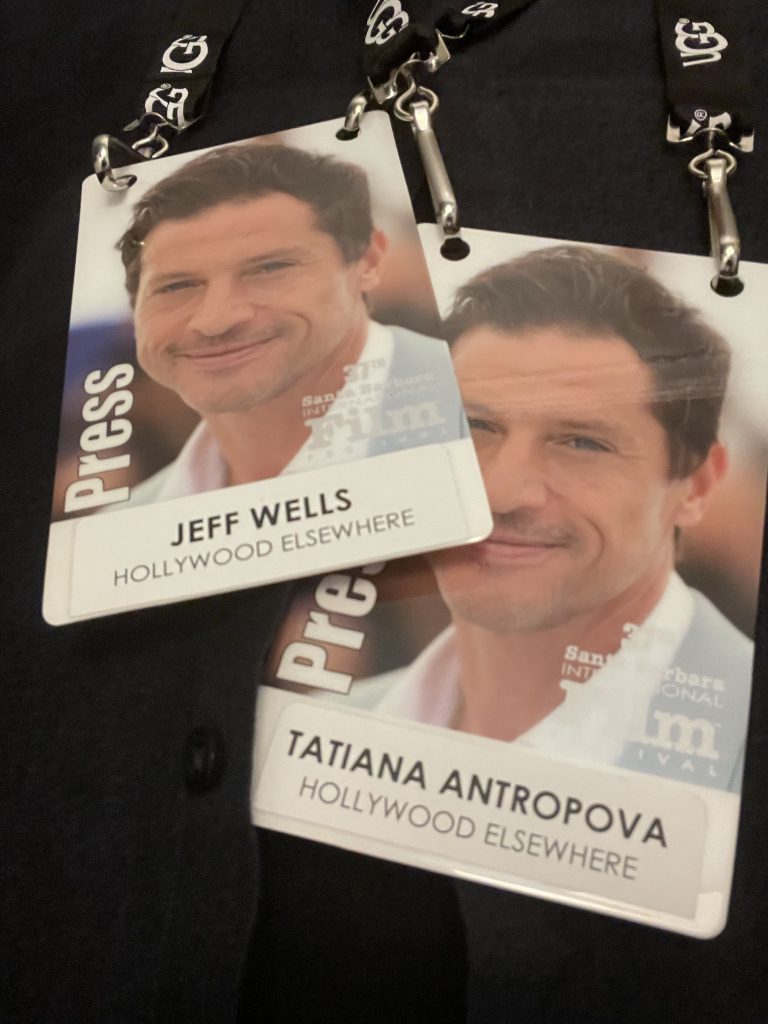
Presentism Question Is Fair and Necessary
About a week ago (2.25) I mentioned that the Santa Barbara Film Festival will present an on-stage interview with the five 2022 nominees for the 2022 Best Director Oscar — The Power of the Dog‘s Jane Campion, Drive My Car‘s Ryusuke Hamaguchi, Licorice Pizza‘s Paul Thomas Anderson, Belfast‘s Kenneth Branagh and West Side Story‘s Steven Spielberg.
It happens tonight at 8 pm. THR‘s Scott Feinberg will moderate. These SBIFF events are all about praise and softballs so it’s unlikely that Feinberg will ask anything the least bit challenging. However…
In my 2.25 piece I suggested that Feinberg ask Anderson the following: “As you know, for the last four or five years Hollywood progressives have has dictated that all historical films have to adopt the practice of presentism in terms of casting. That means that all casts have to reflect social values as they should be in terms of inclusion and representation rather than how they actually may have been during the time of the story. (Presentism anticipates the Academy’s representation and inclusion standards that will apply concurrent with the 2024 Oscars.)
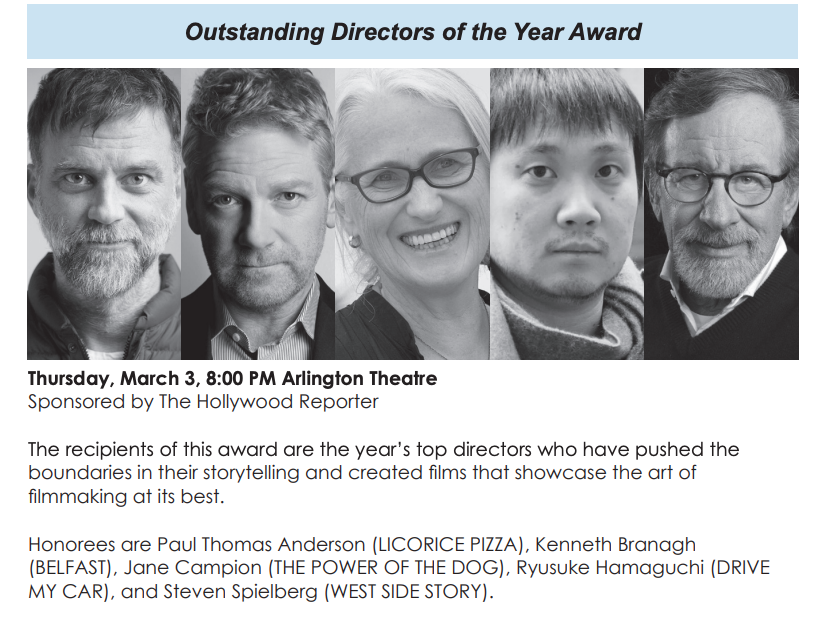
Anderson question: “Late last year you were challenged on a racial insensitivity issue. Licorice Pizza has a couple of scenes in which a middle-aged white guy speaks to his Japanese wife (actually two wives in succession) with a bizarre Japanese accent. You responded that you think it’s more important to portray all the aspects of a given era accurately rather than default to presentism. Would you care to elaborate on this dispute and re-explain where you were coming from?”
I’ve decided to revise my suggestion. Feinberg should instead ask all five directors to answer this: “In your opinion, which is the higher calling in the making of a period film? Is it better to (a) follow the guidelines and dictates of presentism, which aims to reflect social values as they should be in terms of inclusion and representation rather than how they actually were during the time of a given story, or (b) present this or that historical era honestly, as it actually was and without any progressive sugar-coating?”
I’m still in West Hollywood as we speak (3 pm), but I’ve got five hours to play with. Drive up to Santa Barbara, pick up the press pass, unload my stuff at a nice SBIFF-comped hotel (Lavender by the Sea) and get up to the Arlington Theatre sometime between 7:30 and 8 pm.
Colin Farrell + Richard Kind = Penguin
Earlier today I was telling World of Reel‘s Jordan Ruimy that Colin Farrell‘s Penguin (aka Oswald “Oz” Cobblepot) kept reminding me physically and verbally of Michael Rapaport…if, that is, Rapaport was wearing Penguin makeup.
Jordan said that Farrell’s Penguin reminded him more of Richard Kind, and after he sent me the below two-shot, I realize that he’s right — they’re almost dead ringers.
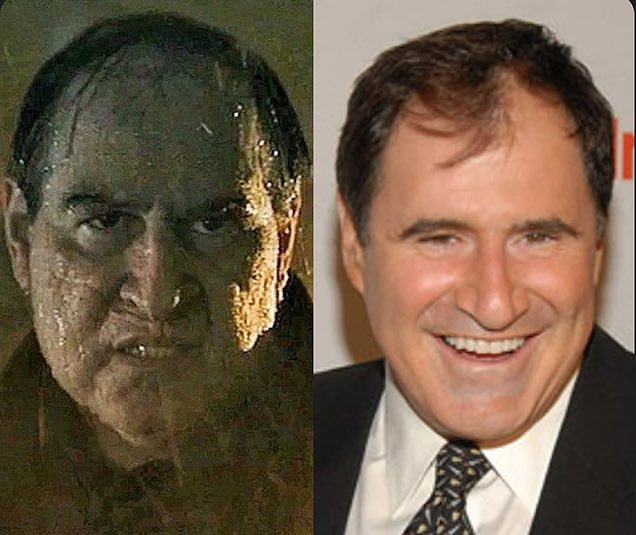
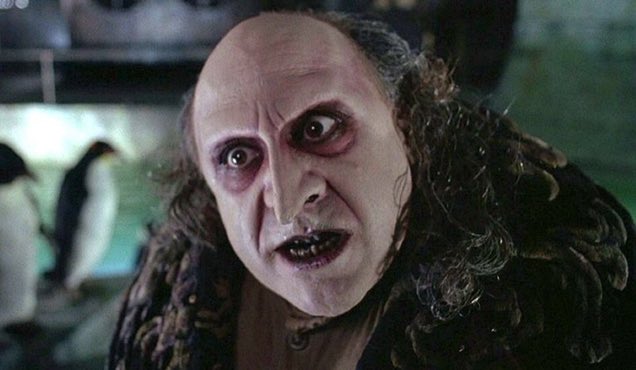
Excellent Russians
HE to Aleksandr Rodnyansky and Andrey Zyagintsev:
I’m terribly sorry for the anguish and horror you both must be going through now. Anguish and horror by loose association, I mean.
We all understand that millions of Russians are just as appalled and anguished by the chaos and slaughter in Ukraine as the rest of the world.
Most of us (along with the Festival du Cannes guys) think of you and Andrey as residing in the Aleksei Navalny camp, and I’m very, very sorry for what you’re all enduring as we speak.
I take it that the good Mr. Zvyagintsev’s health has improved? Best to both of you!
